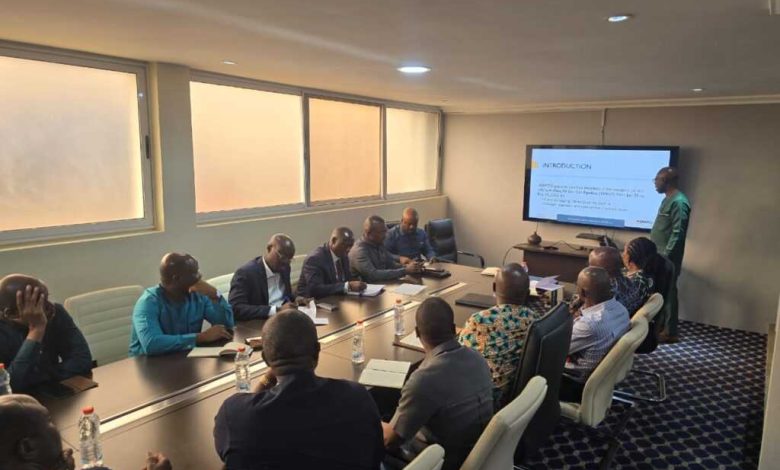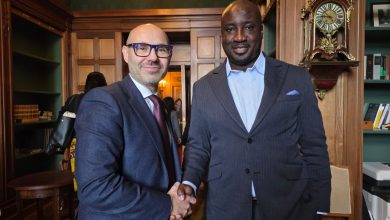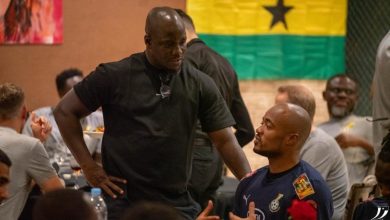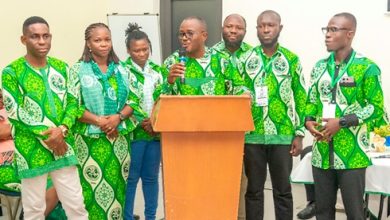
Ghana is prepared to renegotiate with the US government in order to potentially restore $190 million that was allocated to the energy industry under the Millennium Challenge Corporation (MCC).
This was revealed by President John Dramani Mahama when World Bank Vice President for West and Central Africa Mr. Ousmane Diagana paid him a courtesy call in Accra.
Mr. Diagana was in Accra on January 7th to observe President Mahama’s inauguration in Independence Square.
In order to pay off the debts and make the energy industry more efficient than it is now, Mr. Mahama reaffirmed that his administration needed to upgrade its systems.
He noted that while serving as Vice President under the late President Professor John Evans Atta Mills, he signed the MCC on the President’s behalf. The goal of the agreement was to make Ghana the most efficient electricity producer in Africa and a major export hub.
The President spoke:
, democracy has its dividends, but it also sometimes can be a curse. We left the government and a new government took over and took over the Millennium Challenge Compact. Next up, the last segment of it, which was providing efficiency in distribution, billing, metering, and all that,”
“And of course, PDS is history now. But we want to look at that again because if we do not fix the Electricity Company of Ghana, we will continue to have a major problem with our whole power value chain.
“And so, going ahead with privatizing the last point of distribution of electricity to bring in private sector efficiency is something that we want to take up again.”
“I spoke to the Americans and met the Millennium Challenge Corporation, and we asked if they could reinstate the $190 million that they had devoted to that aspect of it. And they said the door is not closed,”
“And so, we need to pursue that discussion. Or, if we don’t have access to the $190 million if the World Bank can support us to be able to finish that aspect of it, we can reduce the losses where it has to do with the independent power producers (IPPs).”
He stated that in order to stabilize the situation until they could implement all of the reforms in that sector, they would restore the cash waterfall mechanism and some transparency to the system in the interim.
The World Bank’s dedication to assisting Ghana’s socioeconomic development program was emphasized by Mr. Ousmane Diagana, the Bank’s vice president for West and Central Africa.



